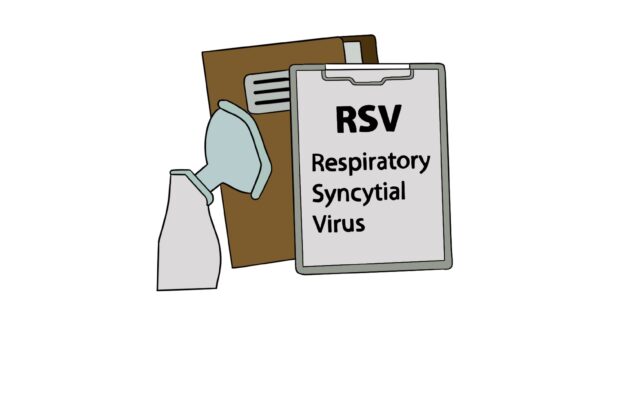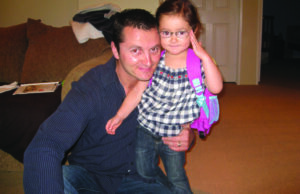Respiratory syncytial virus spreads like wildfire

Respiratory Syncytial Virus (RSV) is a common respiratory virus that causes infection in the respiratory tract, and is especially contagious in children and those with prior respiratory issues. The symptoms of RSV are similar to a cold, but can be severe among infants due to a weak immune system. Mild symptoms include a runny nose, decreased appetite, coughing and sneezing, a fever and wheezing, according to the CDC.
While RSV is typically more common during the end of fall through the beginning of spring, this year there has been an increase during Fall. In 2020, there were less cases of RSV due to the safety measures that took place in response to COVID-19. According to the CDC, low rates of RSV in 2020-2021 have caused children’s immune systems to be weakened after lack of exposure to the virus.
There is no technical cure for this virus, however one can attempt to reduce a fever and pain in order to relieve symptoms. Without proper care, RSV can cause even further infections including bronchiolitis, and infection or inflammation of the lungs. While most adults do not need to be hospitalized, older adults and infants are more prone to hospitalization if symptoms of the virus become severe.
RSV usually spreads through coughing or sneezing, direct contact with the virus or contact with a surface that has the virus on it. While symptoms aren’t always obvious until up to six days after the virus is contracted, someone may become contagious two days before showing symptoms. Children are often exposed to RSV when they are under two years old, and can be infected again throughout their life, though it may be less severe.
To prevent RSV from spreading, one can cover coughs and sneezes with a tissue instead of an arm, as well as thoroughly washing their hands with soap and water. Avoiding close contact and sharing cups or utensils are also helpful to decrease the spread. For high risk individuals, there are further measures that can be taken, including not touching their faces without washing their hands, and limiting time spent around young children.



